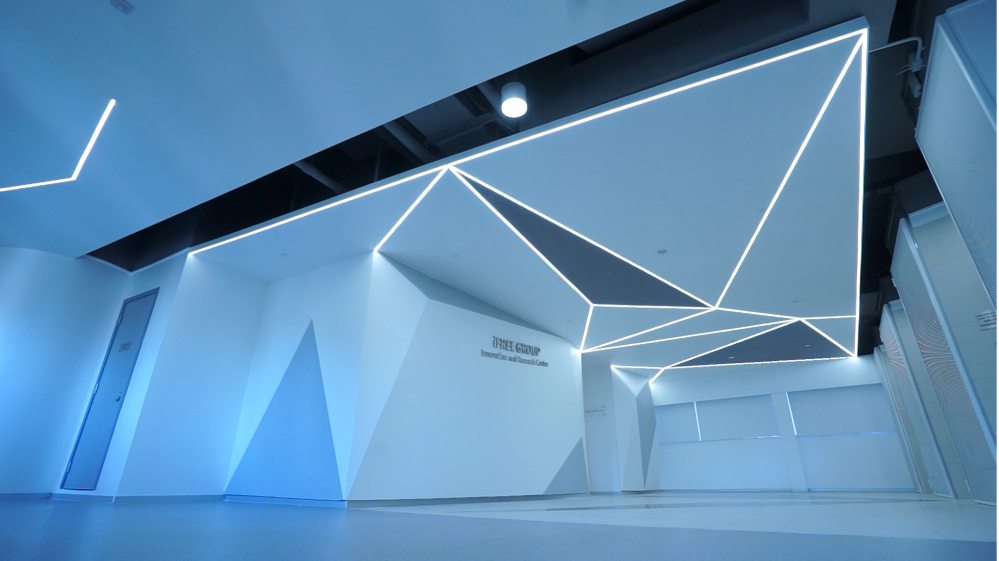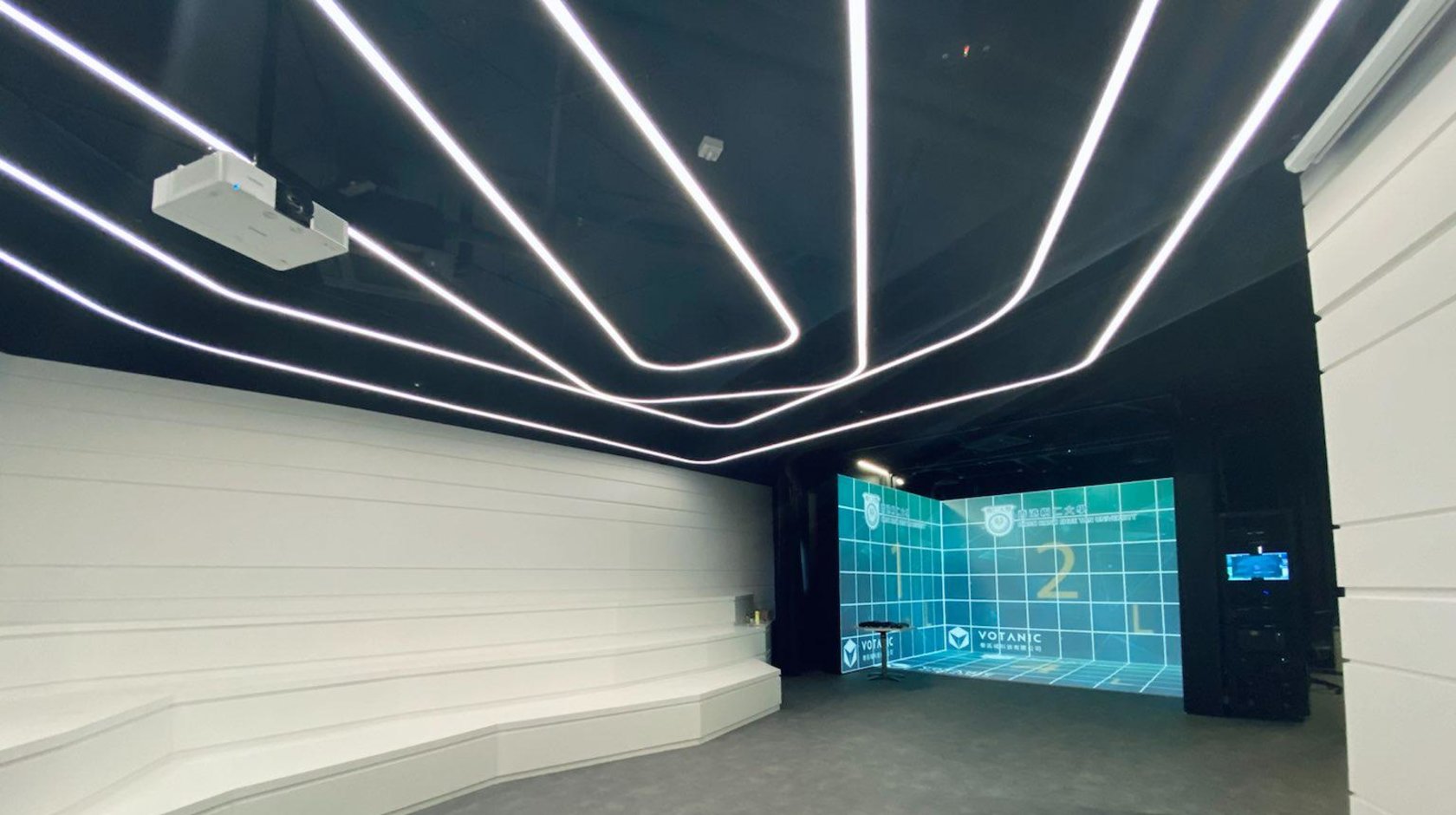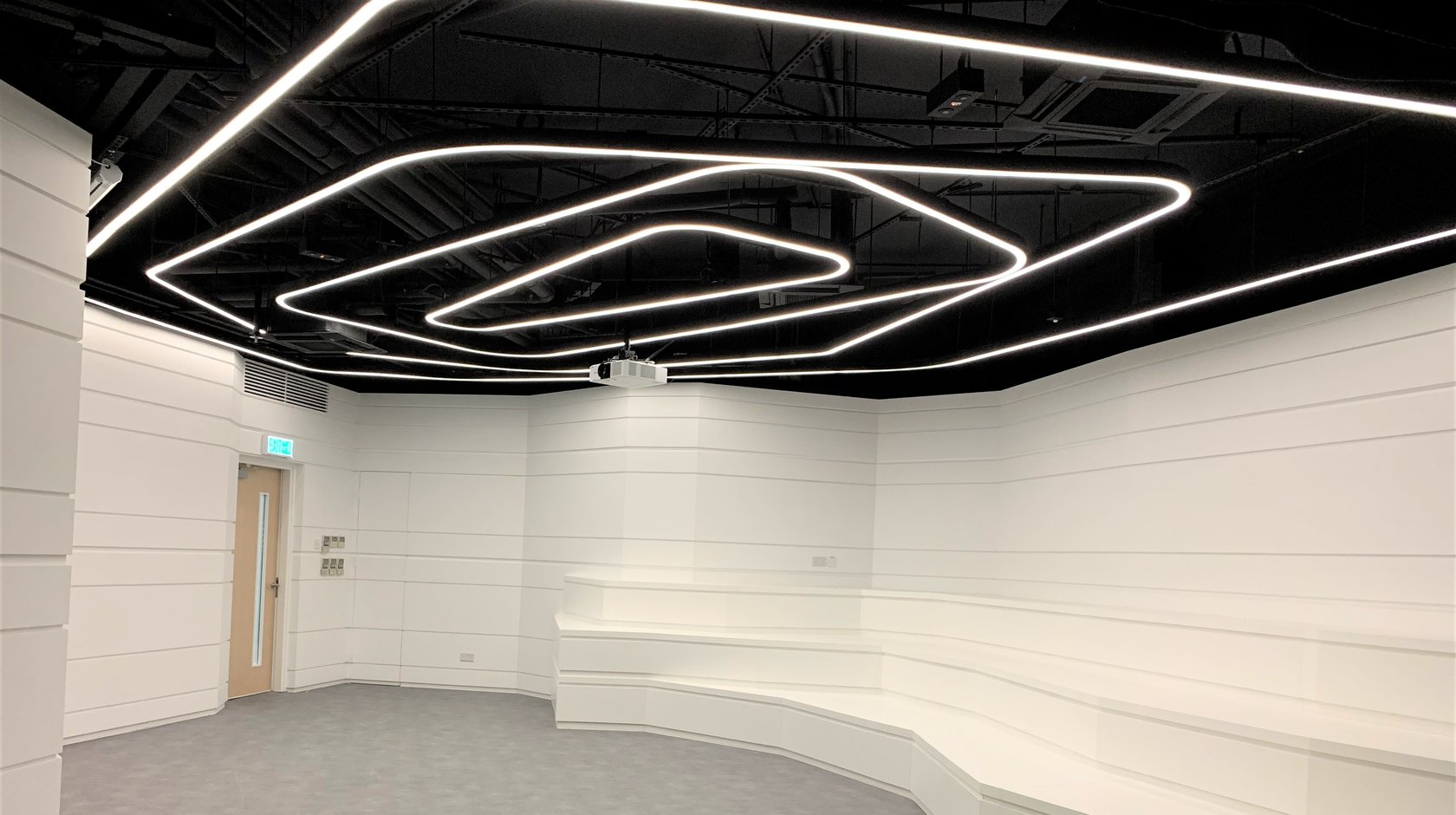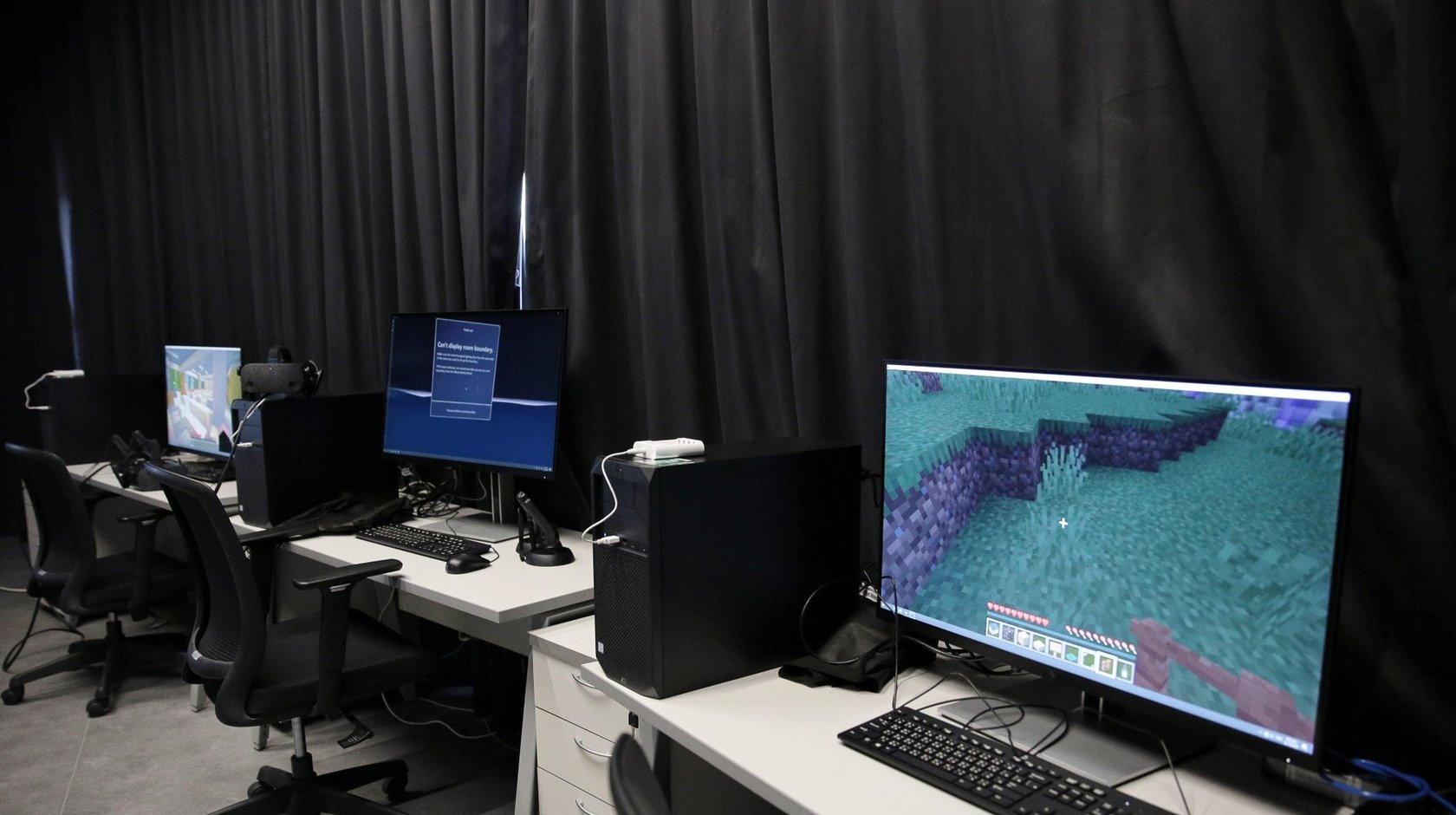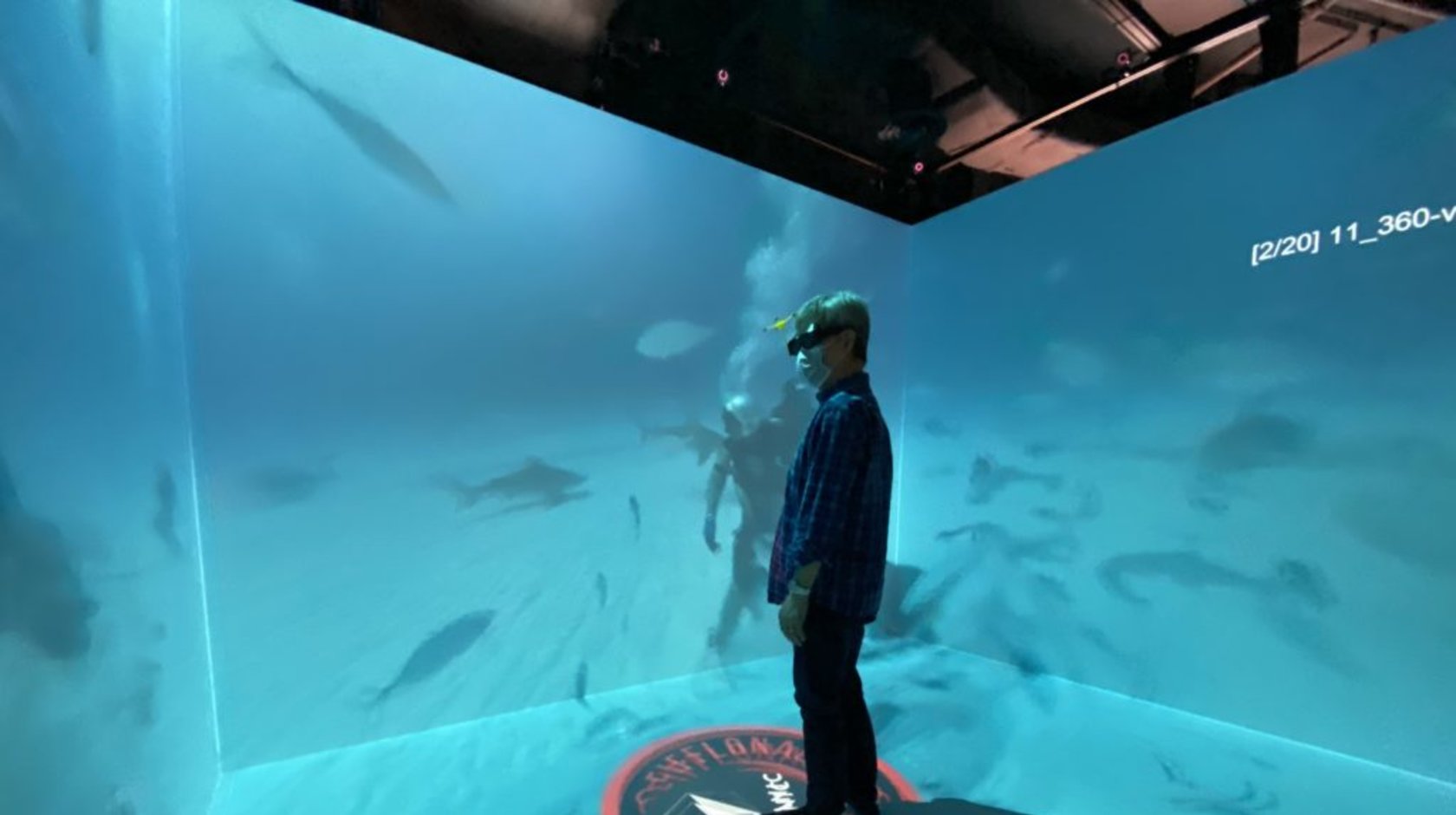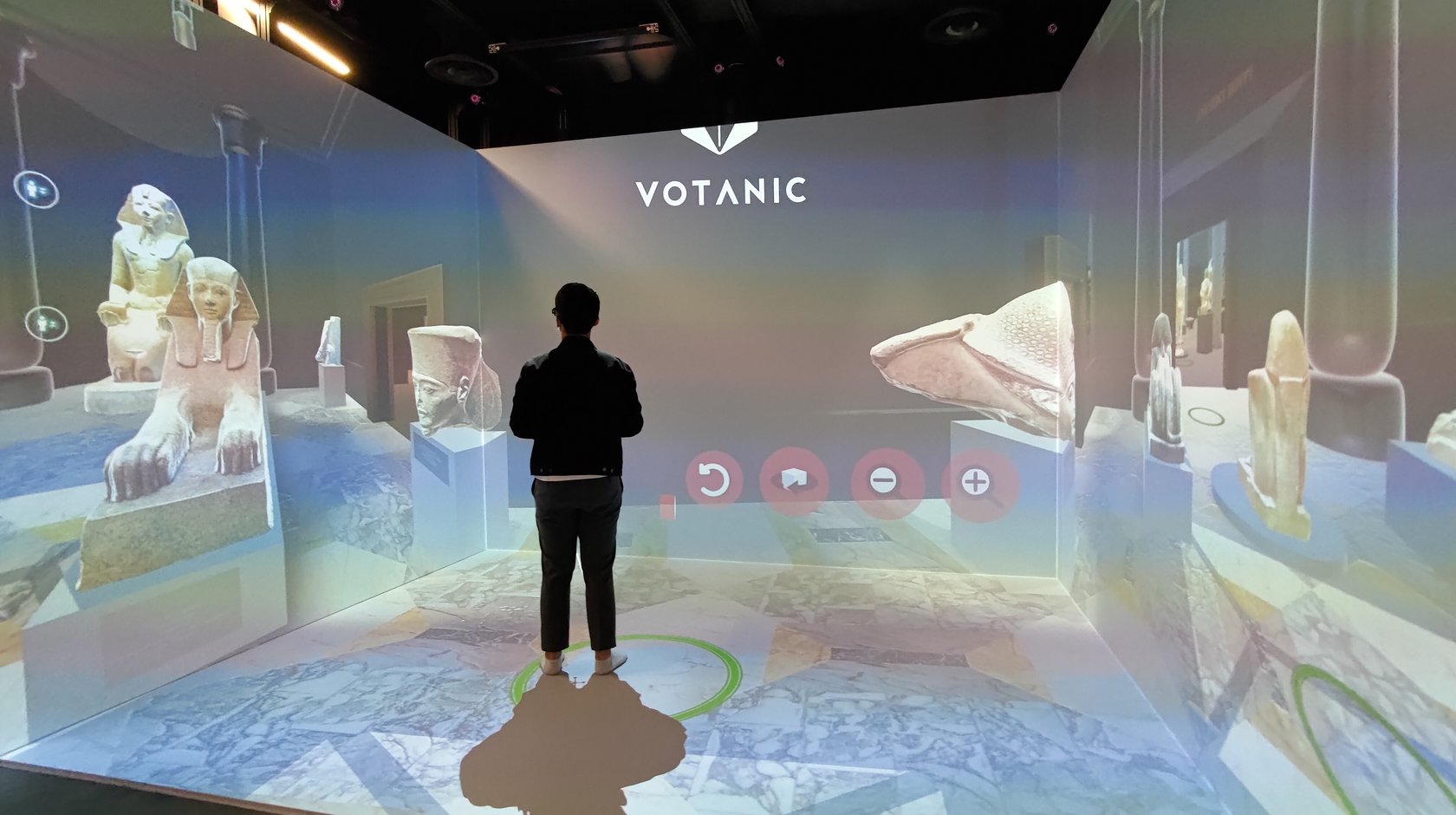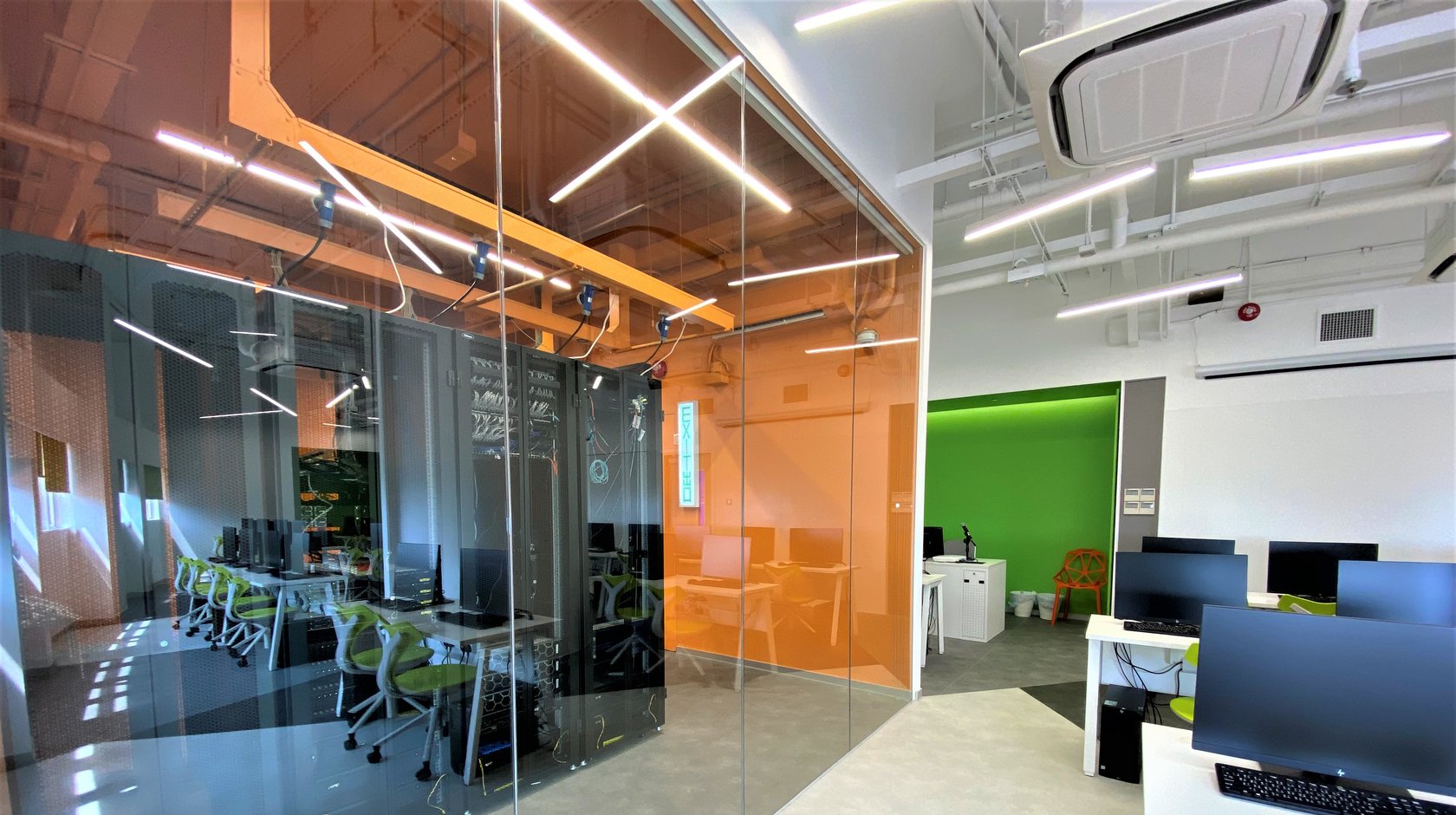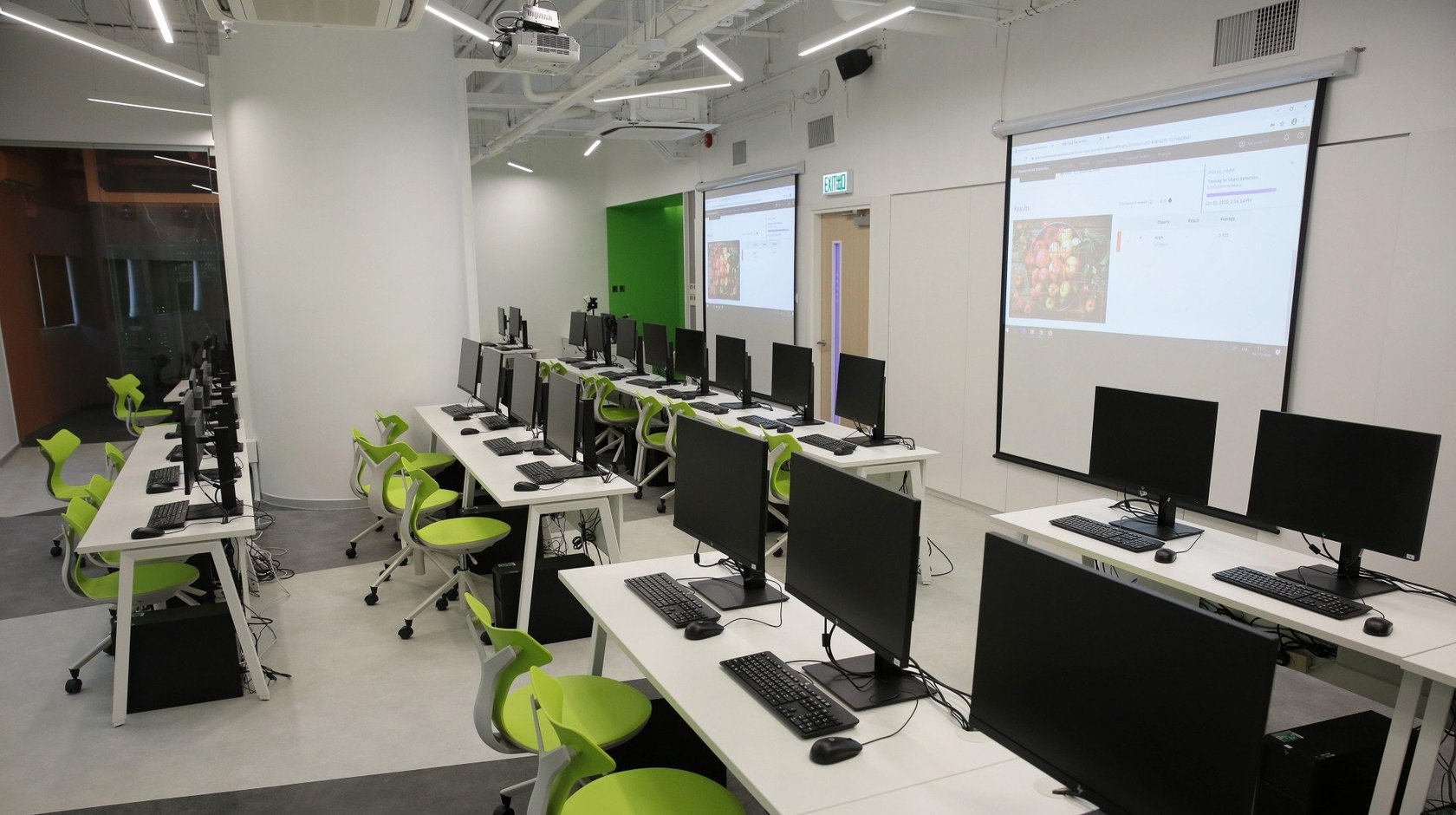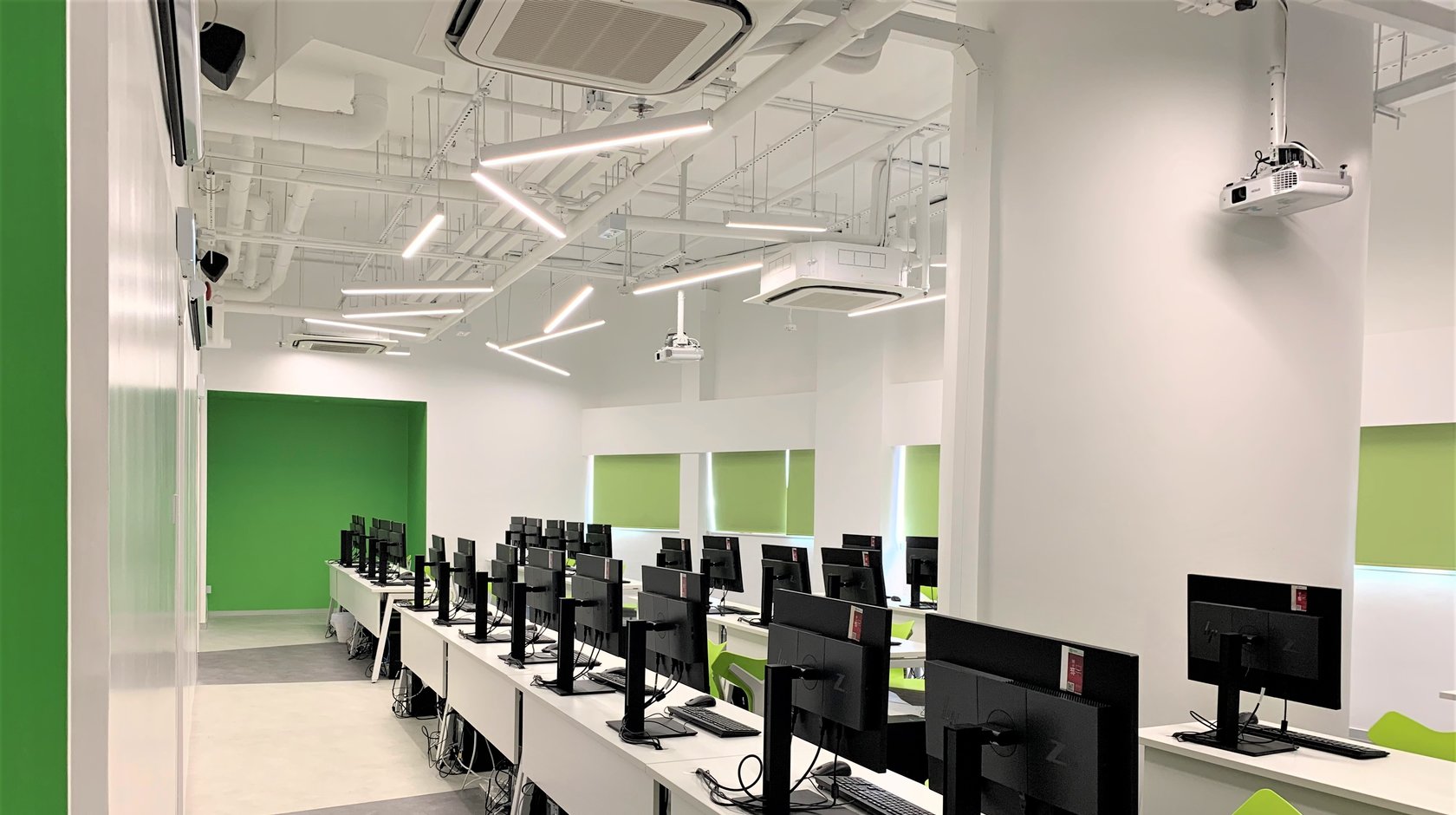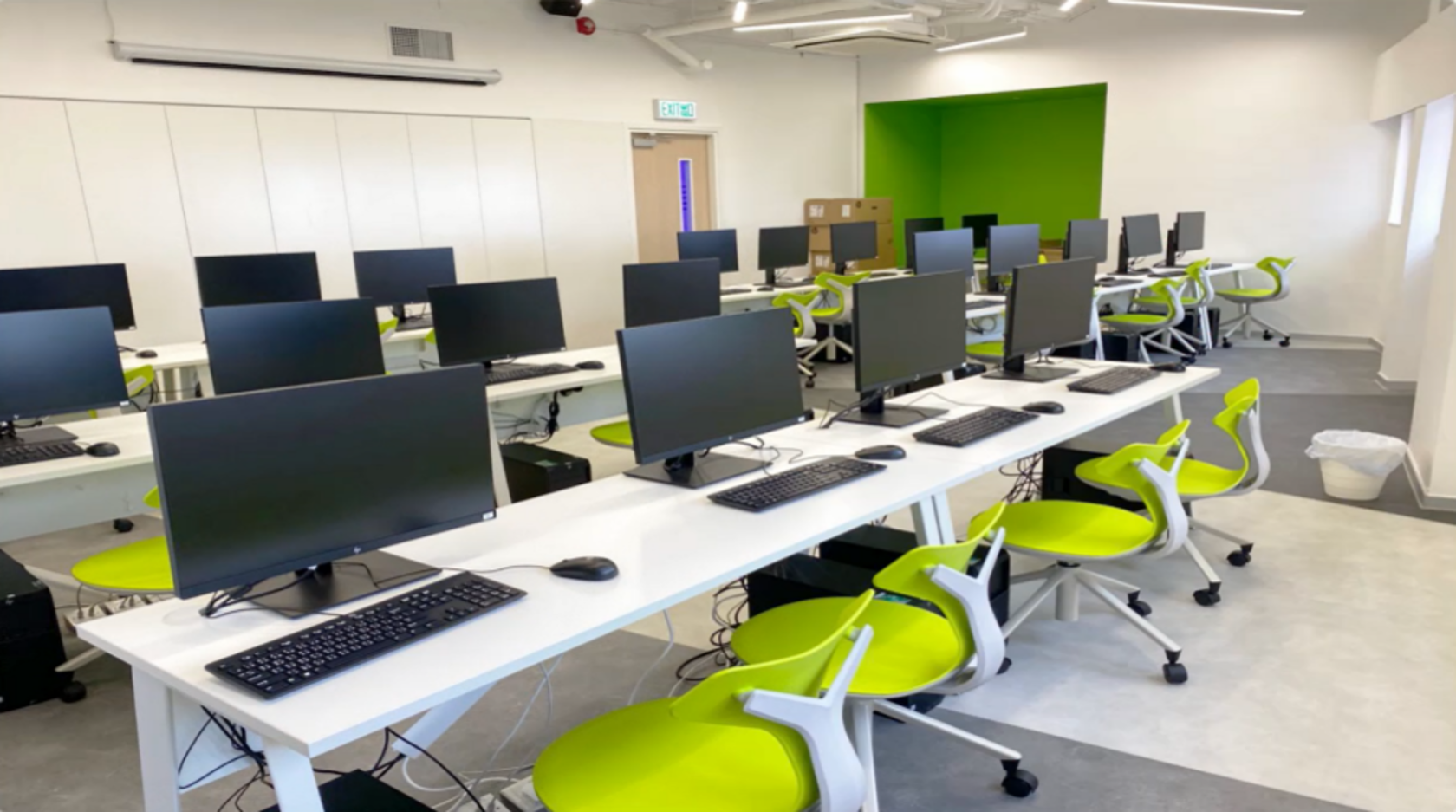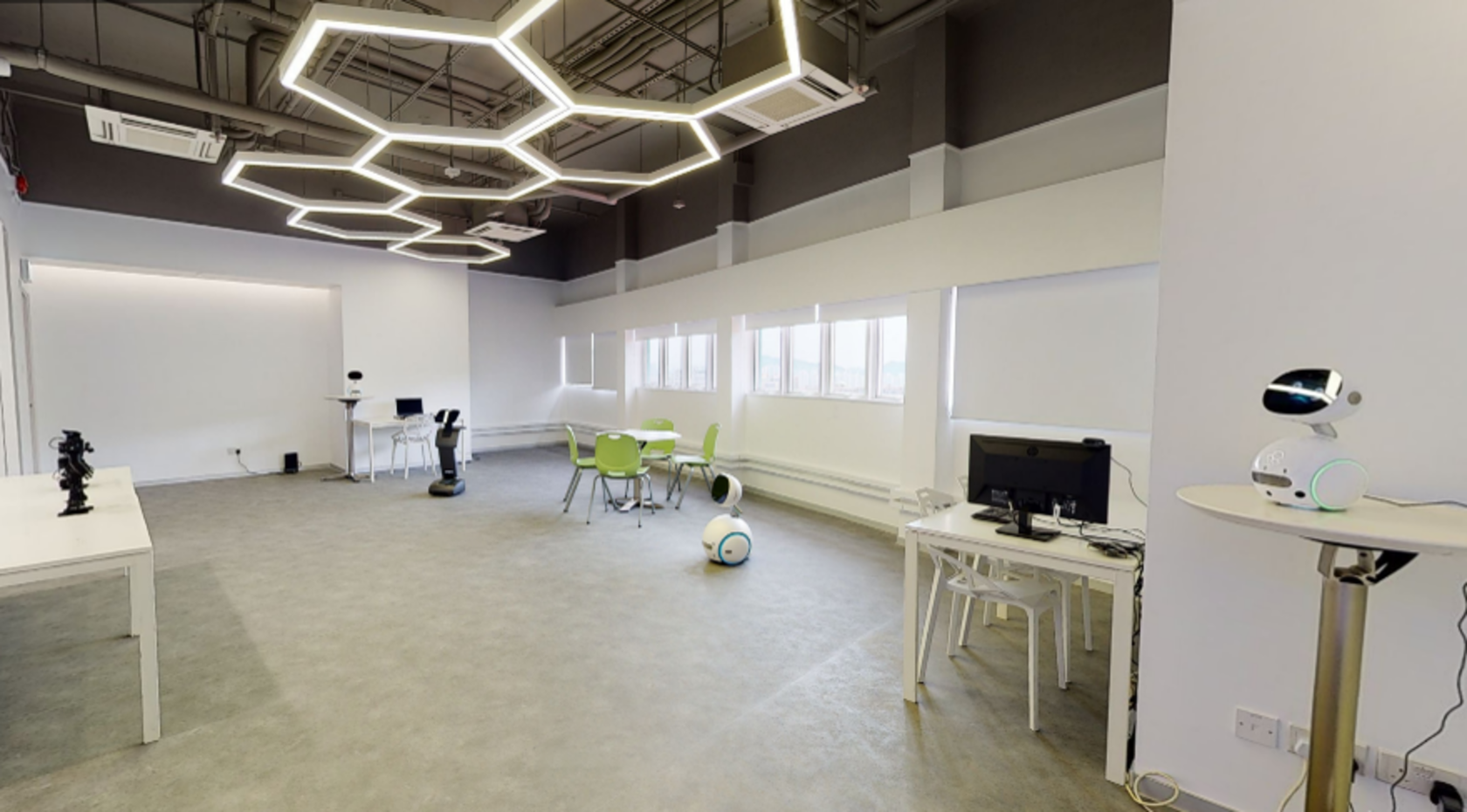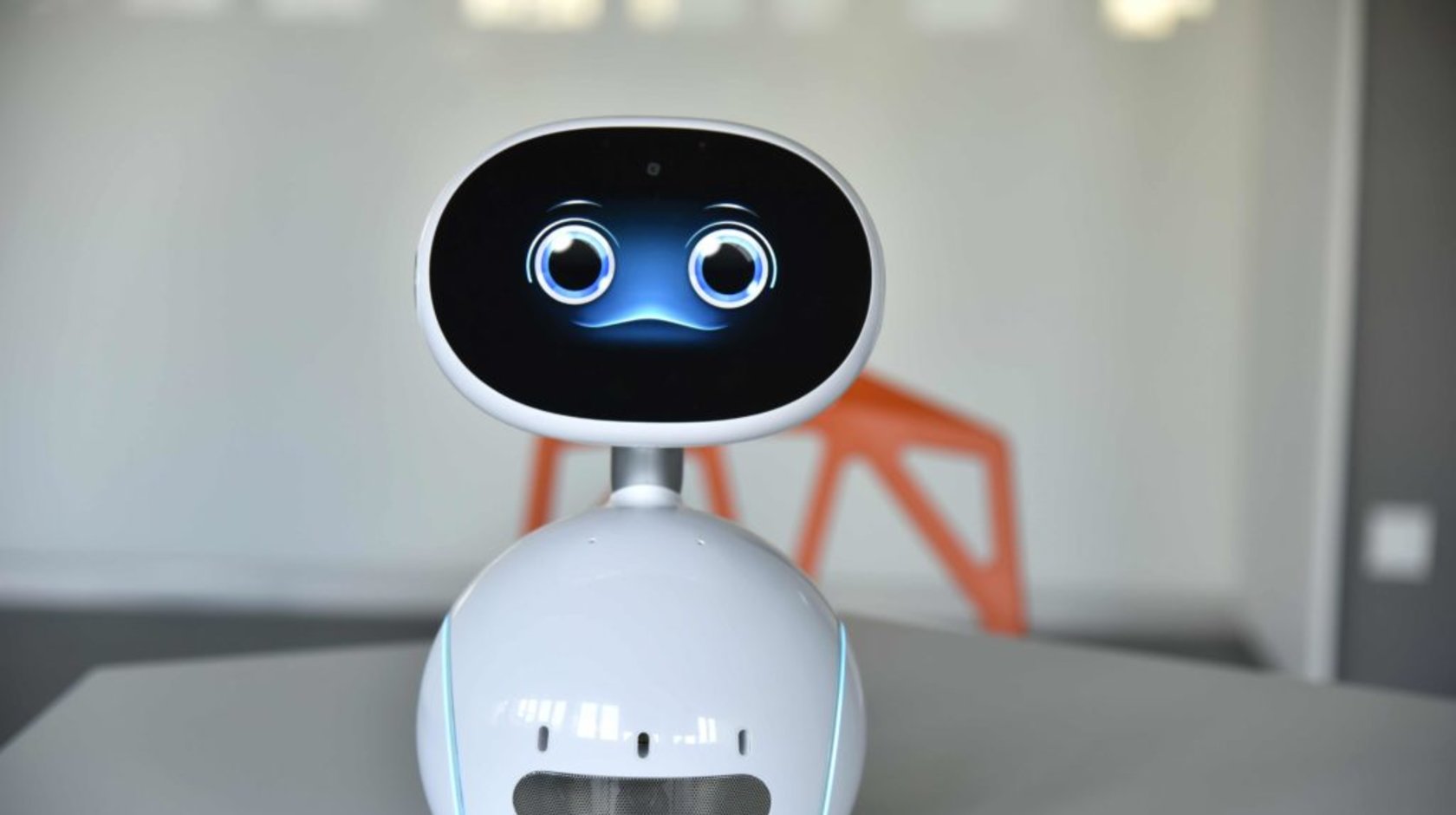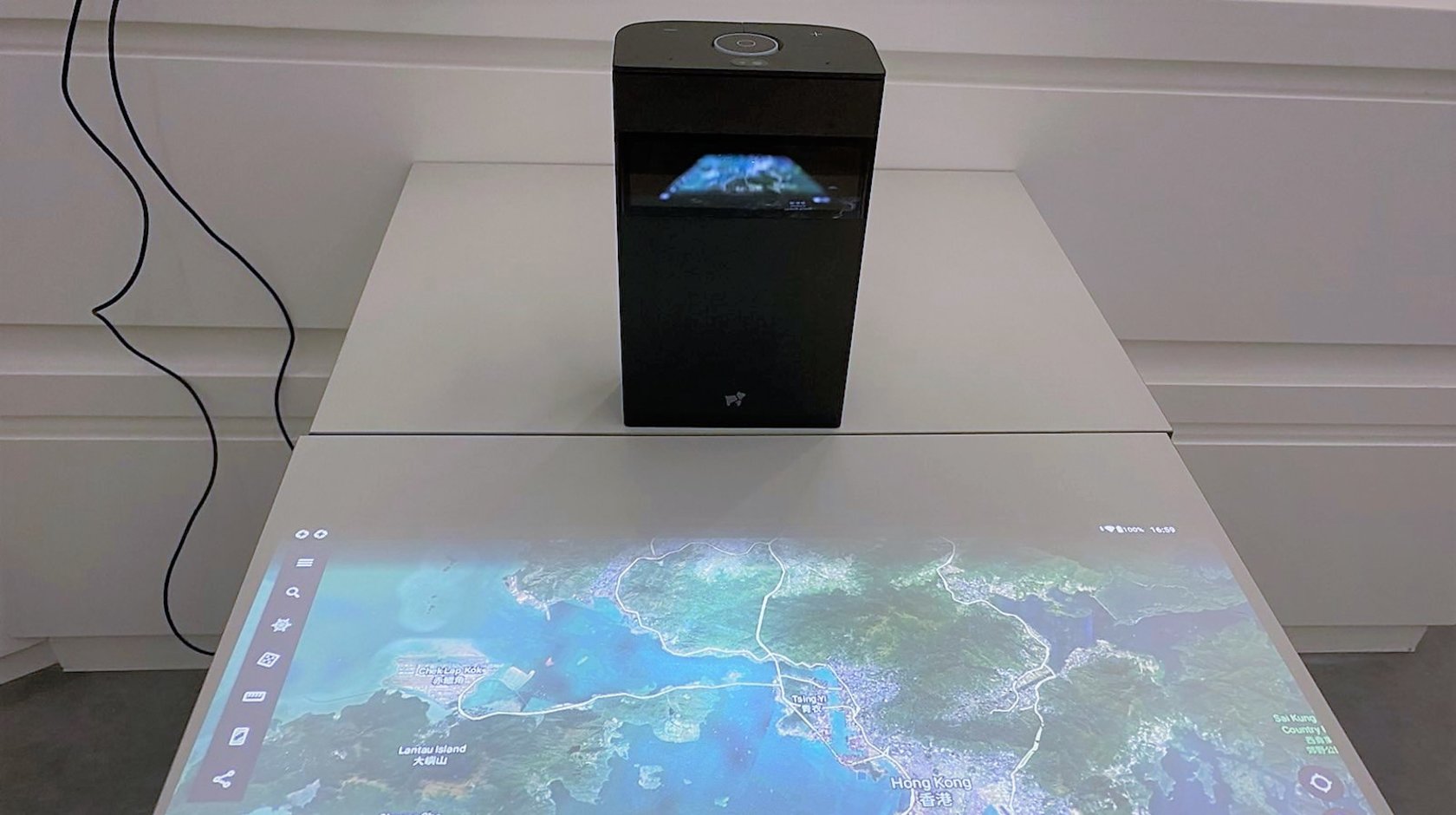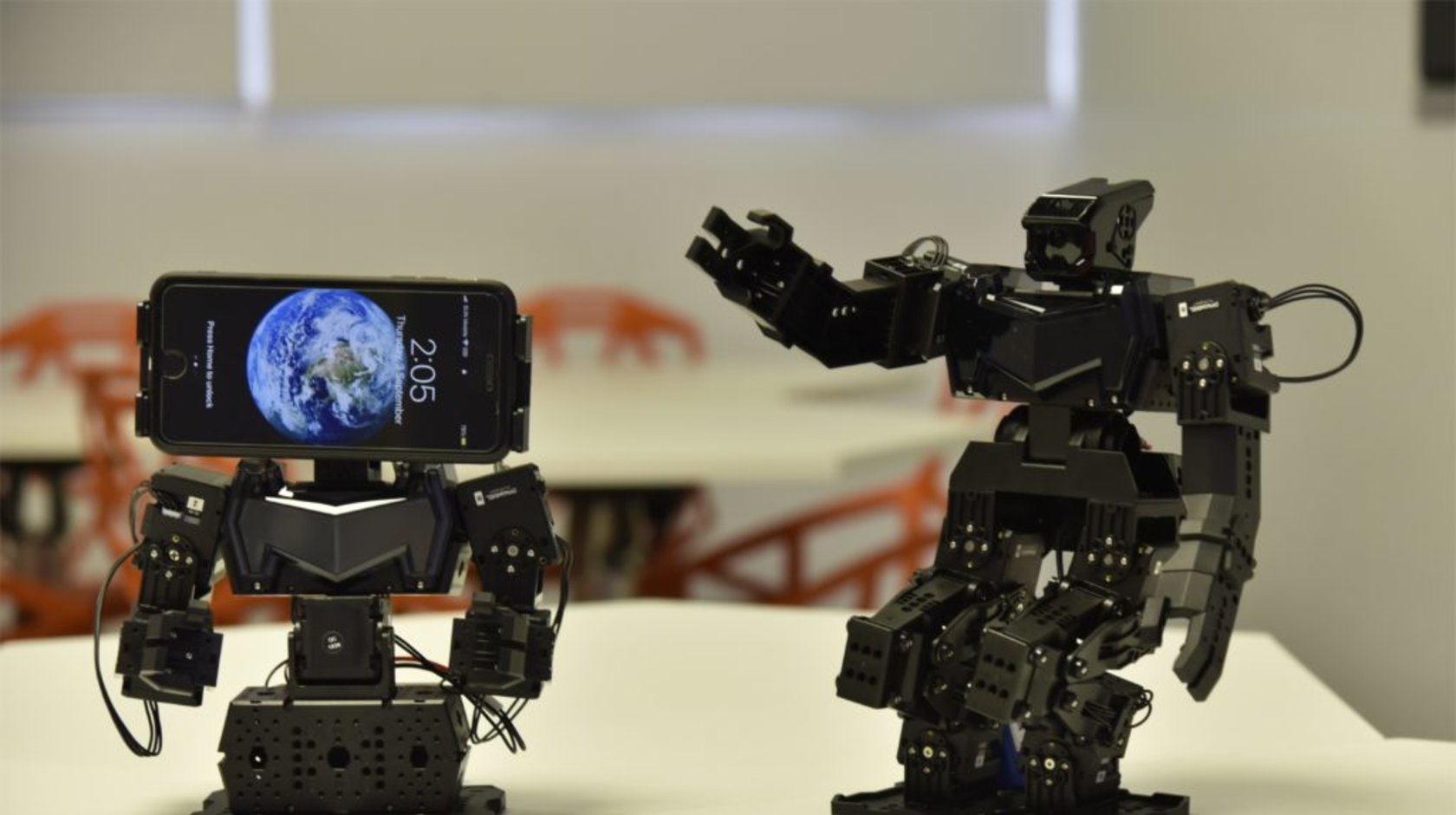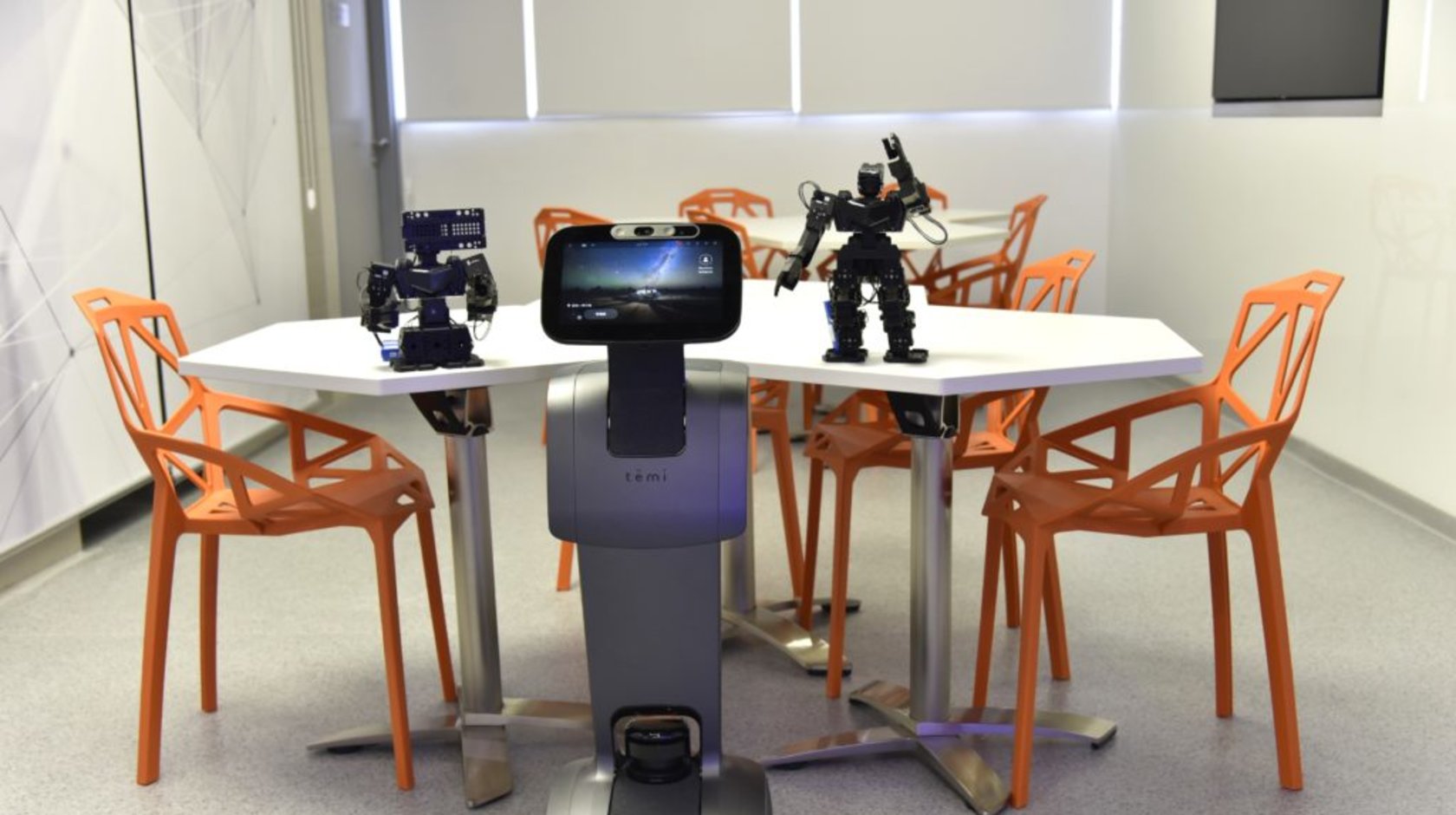iFREE GROUP Innovation and Research Centre
The Centre, set up under a donation from iFREE GROUP, comprises the Big Data Laboratory, the Virtual Reality Laboratory, and the Social Robotics & Digital Living Laboratory. The Centre is gradually in full operation and available for use for both staff and students.
Facilities Overview
Virtual Reality Laboratory
The VR Lab consists of a 3D VR Cave (4m) system, a high-capacity server, 6 high-end workstations for immersive experience development, sensors, projectors, 3D monitors, backpack computers and portables, and a number of VR headsets, motion capture system, sound system, and 3D glasses.
Laboratory Objectives:
- To facilitate the delivery of courses for the BSc-ADS and other programmes
- To support the delivery of non-ADS courses which require the VR Cave for immersive content demonstration and/or assignments
- To facilitate research projects examining VR/AR applications in content design and content consumption from social, cognitive, and behavioral science perspectives
-
仁大設虛擬博物館 8K全景展示盂蘭勝會 (Sing Tao Daily, 2022)
Big Data Laboratory
The lab is equipped with 33 state-of-the-art workstations and an IBM Cloud Pak® for Data (IBM CP4D) which consists of both private cloud and public cloud. It provides modern data analytics tools that cater the needs for research and development, and teaching in various disciplines.
Laboratory Objectives:
- To facilitate the delivery of courses for the BSc-ADS and other programme
- To support the delivery of non-ADS courses which require the Big Data Lab for data analytics, data mining, machine learning, data visualization, content demonstration, and/or assignments
- To facilitate research projects related to big data
-
大學採用IBM雲端平台 學生分析數據從此變得更簡單 (IBM, 2022)
-
IBM Cloud Pak for Data in HKSYU (HKSYU, 2022)
Social Robotics & Digital Living Laboratory
Three social robots are currently in operation, namely Temi, Robotis Engineer Kit 1 & 2, and Zenbo Junior.
Laboratory Objectives:
- To facilitate research projects related to social robotics and digital living in the context of a social interaction from different perspectives
- To conduct research in the causes and effects in the use of socially interactive robots in personal settings such as home, health, workplace, and education
- To investigate user engagement with and performance of social robots
- To support the delivery of courses which require experimentations with programmable and multifunctional social robots interacting within social rules attached to its roles using techniques in artificial intelligence and machine learning



